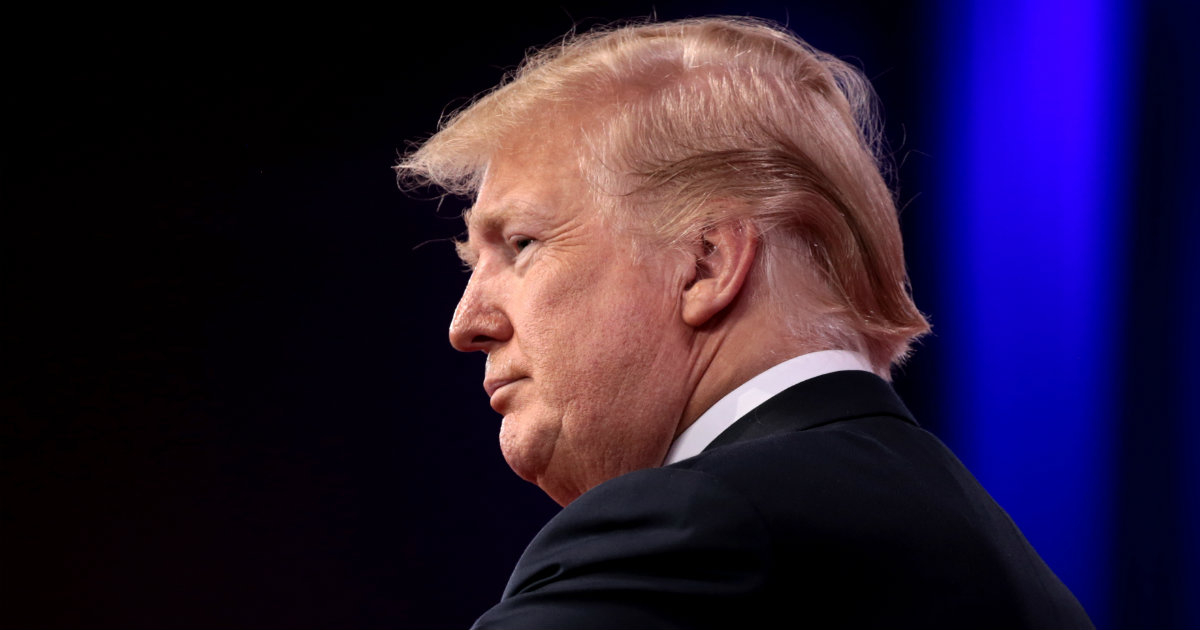The U.S. Supreme Court issued a temporary suspension order on Saturday, blocking President Donald Trump's administration from continuing the deportation of Venezuelan migrants under the Alien Enemies Act of 1798. This wartime legislation has rarely been invoked in American history, with just three prior instances. Trump's administration, which has ramped up immigration control measures during his second term, justified using this law by accusing the Venezuelan criminal gang Tren de Aragua (TdA) of “perpetrating, attempting, and threatening predatory invasions” on U.S. soil.
The Spark: Deportations Without Judicial Process
The controversy erupted after approximately 250 Venezuelan migrants were deported to El Salvador in March, many sent directly to the mega-prison CECOT. U.S. authorities accused them of being involved with criminal organizations like MS-13 and the Tren de Aragua, justifying the deportations by invoking the ancient law without providing hearings or formal notifications to the detainees' attorneys.
The Supreme Court, on April 8, established that the notification must occur within a reasonable time and in a manner that allows detainees to seek a habeas corpus remedy appropriately before deportation. While the court allowed the law’s use, it required adherence to judicial due process.
Judicial Intervention: From Boasberg to the Supreme Court
Federal Judge James Boasberg in Washington issued an order on March 15 blocking the deportations, citing violations of due process rights. The Trump administration ignored this ruling, prompting Boasberg to warn of a potential contempt declaration for "deliberate disregard" of the court order.
In response to the planned deportations, the American Civil Liberties Union (ACLU) filed an emergency motion on Friday, warning that the government sought to evade legal restrictions by relocating migrants to detention centers where no protective court orders existed. "Emergency intervention is essential to... prevent irreparable and permanent harm to the plaintiffs," the ACLU stated.
The affected individuals, held at the Bluebonnet Detention Center in Texas, received deportation notices in English, despite many only speaking Spanish. According to the ACLU, they were not informed of their right to challenge their designation as "foreign enemies" in federal courts.
"Without this Court's intervention, dozens or hundreds of proposed class members could face potential life sentences in El Salvador without any real opportunity to contest their designation or deportation," the organization warned.
Supreme Court's Response: Immediate Halt
On Saturday, the Supreme Court delivered a decisive order: "The government is ordered not to transfer any member of the alleged class of detainees from the United States until further notice from this Court." Although it does not yet address the core appeal, the decision temporarily halts deportations while the matter is resolved in the appropriate venue, namely the Fifth Circuit Court of Appeals.
Simultaneously, another federal appeals court, the Ninth Circuit, denied a request from the Trump administration to revoke Temporary Protected Status (TPS) for over 350,000 Venezuelans, preventing their imminent deportation and dealing another blow to the president's immigration policies.
The Kilmar Ábrego García Case
One of the most notable cases is that of Kilmar Armando Ábrego García, a legal resident protected from deportation since 2019, who was mistakenly deported to El Salvador. The Supreme Court asked Trump to facilitate his return, supporting a Maryland federal judge's order for his repatriation. However, the government has insisted on linking him to MS-13 and ignored judicial demands.
The Department of Justice initially acknowledged an "administrative error," but later adjusted its stance. This case has become emblematic of the conflict between the executive and judicial branches.
In a photo published on Friday, President Trump posed next to what he claimed was a tattoo on Ábrego García's hand confirming his association with MS-13.
A Troubling Precedent
The revival of a 1798 law, outside of declared war contexts, sets a troubling precedent regarding presidential power limits on immigration. While the Supreme Court has allowed its use under specific conditions, it has emphasized the necessity of ensuring due process.
The case also highlights the executive's strategies to circumvent court orders, such as relocating migrants to jurisdictions without restrictive rulings, which has sparked growing disapproval within the broader U.S. judicial system. According to the ACLU, this policy endangers "fundamental rights enshrined in the Constitution." The legal battle is far from over, but for now, deportations under the Alien Enemies Act have been paused.
Key Legal Questions About the Supreme Court's Decision
Why did the Supreme Court halt the deportations?
The Supreme Court issued a temporary suspension to ensure due process rights were upheld, as deportations were being conducted without proper judicial process.
What is the Alien Enemies Act of 1798?
The Alien Enemies Act of 1798 is a wartime law that allows the U.S. government to detain and deport non-citizens from enemy countries. It has rarely been used in American history.
How has the ACLU responded to the deportation efforts?
The ACLU filed an emergency motion arguing that the government was attempting to bypass legal restrictions, urging for immediate intervention to prevent harm to the individuals involved.
